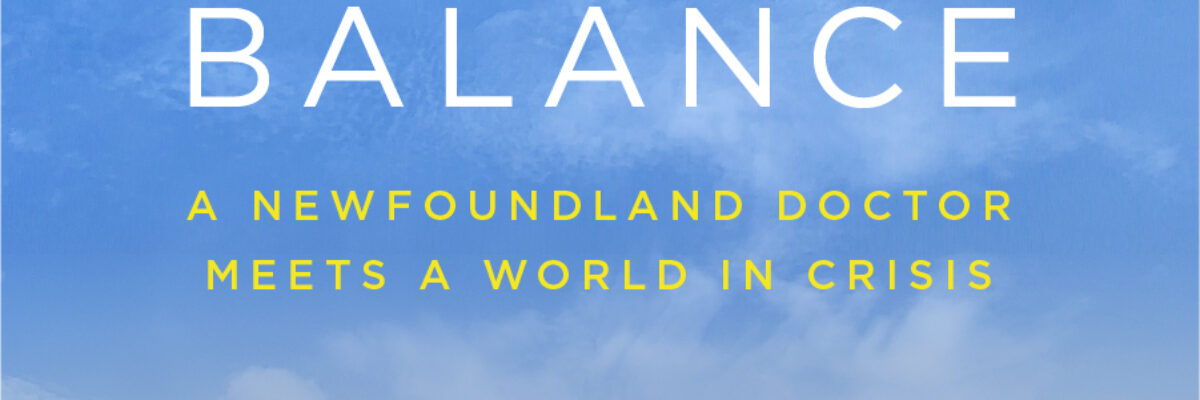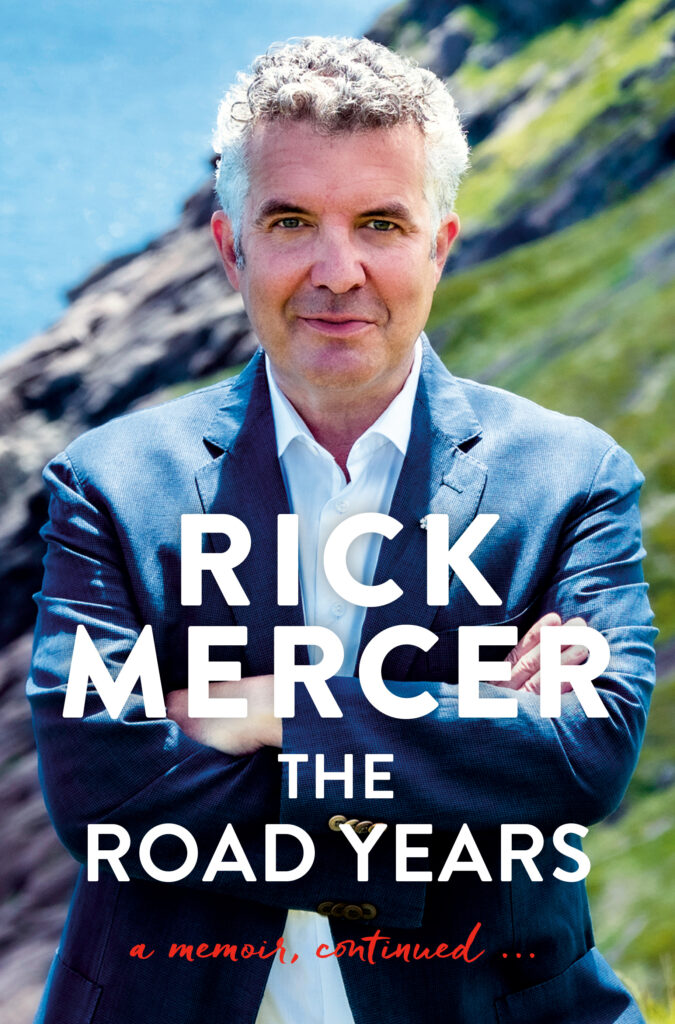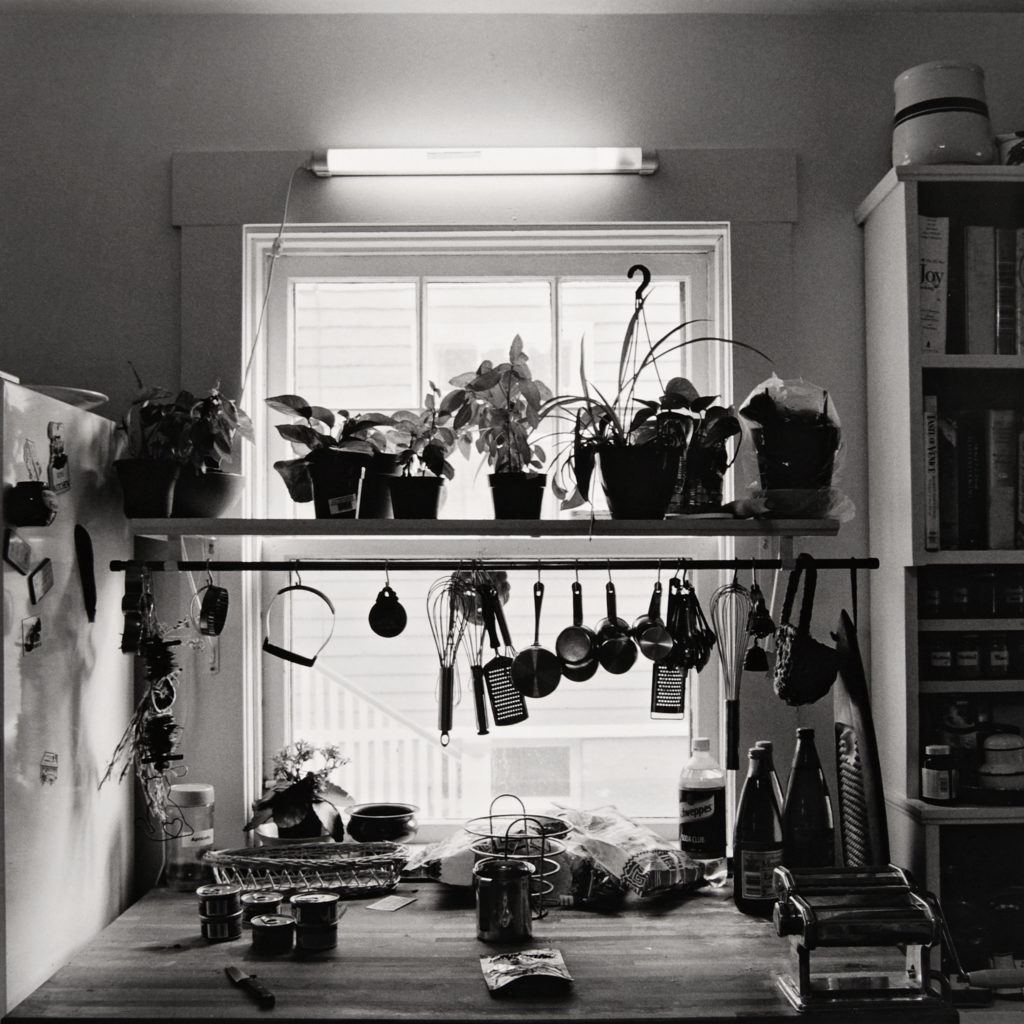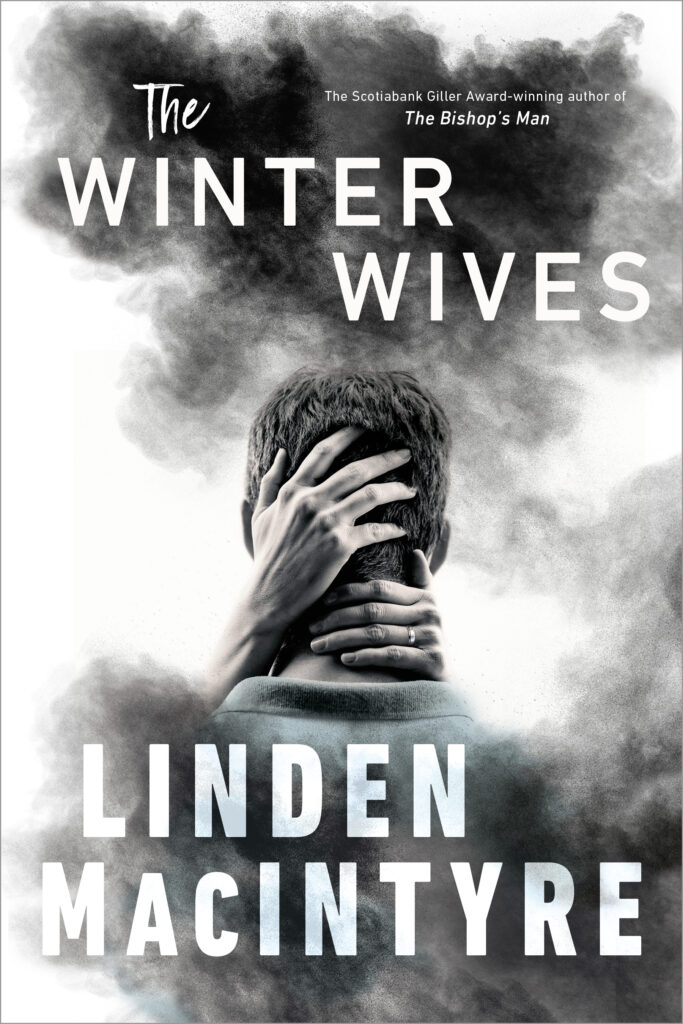Hope in the Balance: a conversation with Dr. Furey part two
November 2020
The second of a three-part interview with Dr Andrew Furey, NL Premier and author of Hope in the Balance, which tells the story of Team Broken Earth, NL’s first foray into global medicine, and chronicles Furey’s journeys through Haiti, Bangladesh, and Ethiopia.
On Writing
Hope in the Balance is both a step-by-step manual on constructing a global health team, and a blow-by-blow description on the human costs to patient and medical-care provider. Responding to an international crisis – whether a sudden natural disaster or systemic poverty, violence, and corruption – means everyone on every side is under stress, striving to cope while experiencing or witnessing trauma.
Triage, especially in a mass casualty situation, becomes a purely logistical exercise. It sounds cold. It is.
–from Hope in the Balance
I wonder if you could talk a little bit about your writing process?
For me, part of the journey in writing this book was simply to discover the way in. It definitely evolved over time. I’m not a writer, obviously. It started from people suggesting I write something personal, almost a journal initially, and that developed into people suggesting that I should write a blog, and of course that’s a different style than a book. And with, I’m not going to lie, a lot of help, people were interested in seeing that my story was told, it developed from a journal style to a blog style; it morphed into a chapter and then more chapters and then the bulk of the book was written by the time I had a publisher. Of course you had to create a narrative around it, and tie all your random thoughts together.
Did you keep a diary from the beginning, make personal notes as you went along?
Yes, I made personal notes, but not in a traditional Dear Diary style. My uncle [Leo Furey] is a writer [The Long Run, 2004]. Him and I are tight, and he suggested that I should work in almost a poetic style, to get all your thoughts down, and every now and then do a word dump. Then you can reflect back on that and develop it – or not develop it. Frankly the thing that really catapulted the writing was the blog and me recognizing how that can be cathartic.
You’re writing about a lot of trauma, what you see, and what you experience yourself. Does writing help you process that too?
Absolutely. 100 per cent. Part of it is writing to tell a story but part of it is writing to a point of catharsis.
Speaking of family, you say in the book that you were taught growing up that “Curiousity is better than ambition.”
My father [Senator George Furey] still says to me, and I say that in the book as well, he doesn’t know what he wants to be when he grows up. His path has certainly reflected that.
The throughline of your family’s experience is really astounding. [In the 1950s Furey’s grandmother left her abusive husband, taking her eight children, in an era when domestic assault was considered a private family problem and there was simply no such thing as a married woman striking out on her own with the youngsters in tow.]
I stand on the shoulders of their experience every day. My grandmother is nothing short of a hero to me. My aunt, Sister Rosalita, she was just such a hard driver. I love hearing stories about her. [Comedian] Mark Critch, she’s even in his book [Son of a Critch, 2019], he tells the story of how he wouldn’t have gone to his first acting audition, but she drove to his house and she picked him up and she drove him there. That was part of a neat thing to write the book and be able to reflect on my family a little bit. That was a good emotional experience for me.
I was interested in doctors who write. I just Googled it, thinking I’d find examples like Dr Wilfrid Grenfell and his A Labrador Doctor. But Chekhov was a doctor, which I’d forgotten –
My uncle Leo reminds me of that all the time.
–and I had never known that Conan Doyle was a doctor.
I didn’t know that.
And then there’s–
–Jurassic Park–
-Michael Crichton, right.
Oh yeah, he’s written a lot of good books.
So you’re joining a field with a lot of promise, once you’re finished with this gig in the Confederation Building.
Part Three will be posted next week.




